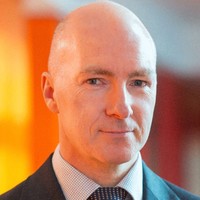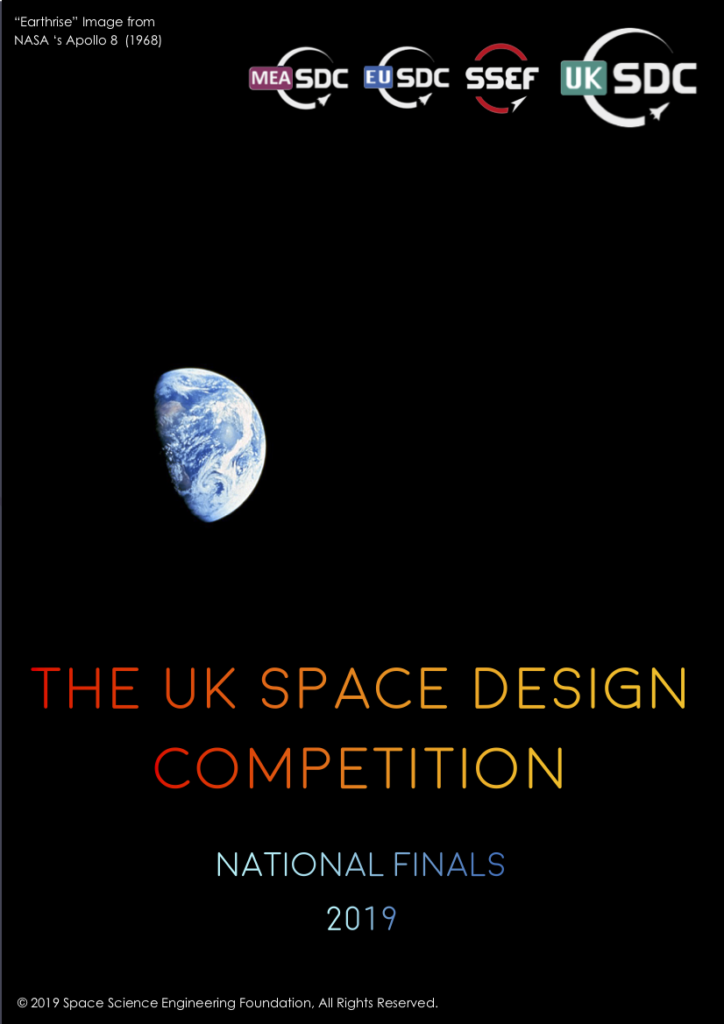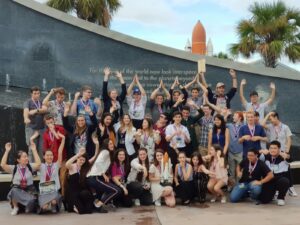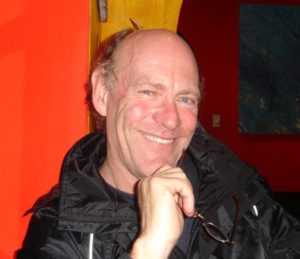 Welcome message
Welcome message
International Space Station Benefits for Humanity
The International Space Station is a unique laboratory for performing investigations that affect human health both in space and on Earth. During its time in orbit, the space station has enabled research that is providing a better understanding of many aspects of human health including aging, trauma, disease and environmental impacts. Driven by the need to support astronaut health, several biological and human physiological investigations have yielded important results that we on Earth can also benefit from. These results include new ways to mitigate bone loss, insights into bacterial behavior, and innovative wound- healing techniques. Advances in telemedicine, disease models, psychological stress response systems, nutrition and cell behavior are just a few more examples of the benefits that have been gained from applying studies in orbit to human health back on Earth.
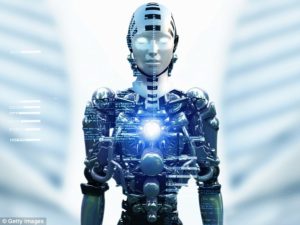

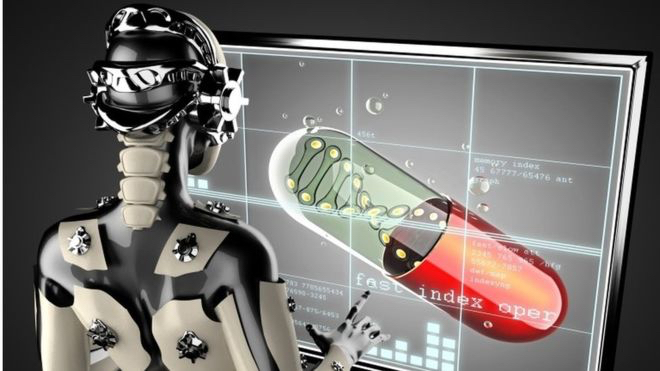 Getty Images
Getty Images